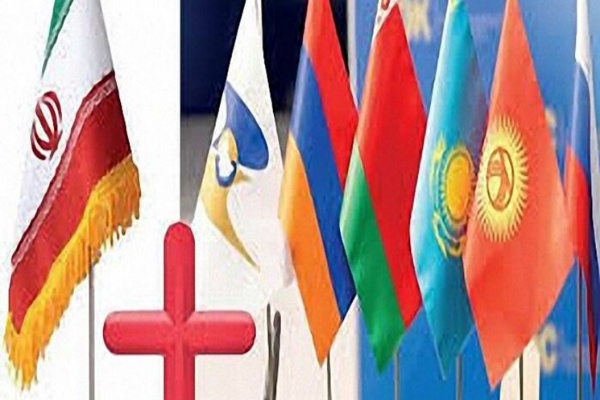The two sides launched preferential trade on 826 items of goods on October 27, 2019.
Of that number, 360 include commodities on which Iran has granted preferential tariffs to Eurasia, and 502 are goods on which the EEC has offered Iran preferential tariffs.
“The above-said agreement is a starting point for free trade with Eurasia because after one year has passed since the start of the enforcement of the deal, the stage will be set for free trade with the above-mentioned region, and the two sides will have two years to hold talks on free trade in that region,” said Hamid Zadboom, the head of the Iran Trade Development Organization, in an interview with Fars News Agency.
“Of course, that does not mean that we will definitely have free trade with this region after three years, but the necessary arrangements can be made during that period for free trade with Eurasia,” he added.
The Iranian commodities exported to Eurasia mainly include pistachios, kiwi fruit, gas oil, sultanas, cucumbers and pickled cucumbers, dates, medicines, hydraulic cement, refined copper, methanol and cabbage. The items that Iran imports from Eurasia mostly include barely, corn used as cattle feed, raw oil, cathodes and relevant parts, ironware items less than 2 millimetres thick, sawed pine wood and roll paper for newspapers.
The economic indicators of Eurasia include the first spot in oil extraction (14.5% of the global amount), the first spot in natural gas production (20.2% of global output), the fourth spot in generating electricity (4.9% of global production), fourth spot in iron production (4.7 % of global output), and the fifth spot in steel production (5% of global output).
Iran’s preferential trade agreement with the EEC is reportedly the most elaborate and comprehensive deal that Iran has signed so far and contains 9 chapters including general rules as well as regulations on trade and relevant topics.
